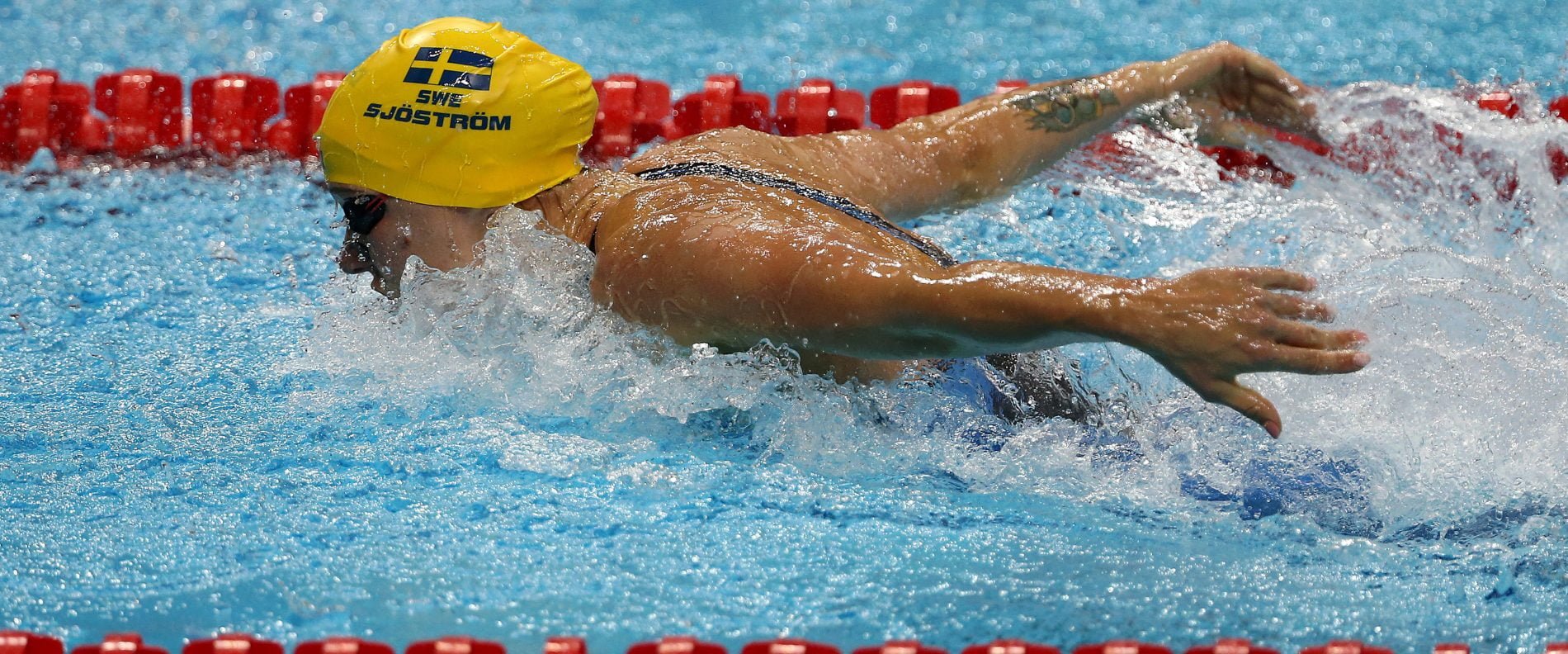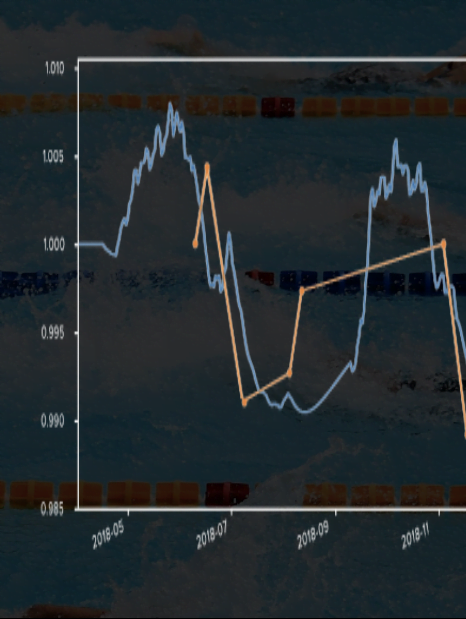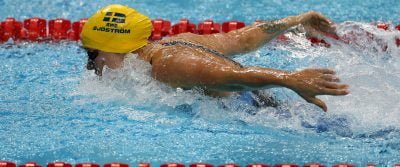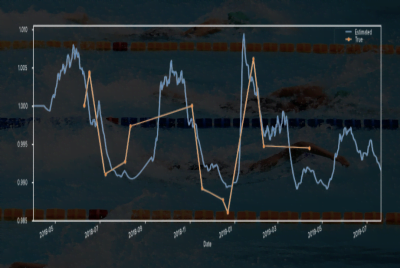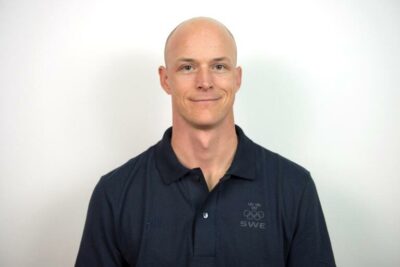and this is what we improved
-
Athlete profiling
-
Athlete recovery
-
Sport performance
First we developed detailed individual profiles for each of the athletes, based on their historic training and performance data. This enables a situation where we can use the coach’s initial training plan, run through our algorithms, and simulate many different adjustments, training plans, and tapering models to choose the most appropriate to execute.
If the Svexa algorithms were correct, and we had all data about the athlete, we should also be able to predict their performance in upcoming races.
the final result
The first race time predictions were for the FINA World Championships 2019, and the predictions were accurate: Average error was only 0.3 % equal to 0.35 sec! With such high accuracy, we felt confident that we could use our models to run further simulations.
Over the course of a 12-week macro cycle, we generated training plans based on simulation and the elite coach responded that the analysis and plans seemed to fit well with his intuitive knowledge of the athletes, for example in terms of higher and lower loads on certain weeks, and adjustment in length of tapering. The first batch was extremely successful, driving world-class swimmers to reach new personal bests by on average 1.00 sec! (200 m event, ~1 %)
